The Best Benefits And Uses For Clove Bud Essential Oil

The spicy, sharp and grounding aroma of Clove oil is well-known and beloved by many. Though often associated with the cooler months of Fall and Winter, Clove Bud essential oil is a great companion to good health year-round.
Besides being used as a delicious spice in baking, Clove Bud oil offers a wide variety of therapeutic properties that aid everyday ailments and concerns. Discover all of the best benefits and uses for clove bud essential oil in this short guide.
What Is Clove Essential Oil?
Clove Bud essential oil is steam distilled from the dried flower buds of the clove tree–botanical name Eugenia caryophyllata, or alternatively Syzygium aromaticum. Clove Bud is not to be confused with Clove Leaf oil, as they each have different aromas, benefits and safety concerns.
For centuries, the dried flower bud of the clove plant has had many oral applications, including reducing dental pain and toothache. Note however that we don’t recommend using Clove essential oil to reduce tooth pain. Historically, clove has also been used as an insect repellent, to enhance blood circulation, promote hair growth, reduce sore throat and clear fungal infection.
Clove is native to Indonesia and grown and harvested in tropical regions such as Madagascar, Sri Lanka and India. The clove tree can grow anywhere from 24-60 feet tall and produce broad green and pink leaves, red buds and white blossoms.
What Are The Benefits Of Clove Essential Oil?
Clove Bud essential oil is full of therapeutic properties that can be attributed to its primary constituents–eugenol and eugenol acetate (also known as acetyl eugenol or eugenyl acetate). Of its many benefits, Clove essential oil is most often used for its ability to support the immune system, reduce pain while cleansing and purifying.
Immune Support
If you're looking to boost your health naturally, Clove oil is a great option.
-
A 2020 review of the immune-supportive effects of essential oils found that Clove’s antioxidant and antimicrobial properties lent the oil to increase white blood cell count in those with compromised immune systems.
-
Similarly, a 2014 study investigated Clove oil and eugenol’s effect on white blood cells. The study concluded that Clove oil may induce an immune response.
How To Use
To use Clove Bud for immune support, diffuse it throughout your space for 20-30 minute intervals. Not only will it help you stay well, but Clove’s grounding aroma also creates a balanced and inviting atmosphere.
Cleansing
The antimicrobial properties of Clove Bud go beyond just supporting the immune system. It also makes Clove oil an excellent purifier and cleansing agent.
-
A study on the antimicrobial effects of Clove essential oil found that the oil was able to inactivate several different types of bacteria in concentrations as low as .2% and in as little as 3-5 minutes.
-
A 2020 study on multidrug-resistant bacteria studied Clove's bactericidal potential. Clove was successful in inhibiting the bacteria, further proving its natural cleansing abilities.
How To Use
To use Clove oil for its purifying abilities, diffuse Clove or create your own natural Clove cleansing spray. To do so, combine 1 oz 190-proof grain alcohol and 80 drops Clove essential oil. Let this mixture sit a few hours before adding 3 oz distilled water. Spray surfaces and doorknobs. Let sit for at least 3 minutes before wiping away or allow to sit until dried. Store in a glass bottle or PET plastic.
Pain Relief
When it comes to pain-relieving essential oils, Clove Bud is at the top of the list.
-
A 2015 study on Clove examined whether or not the oil lived up to its folkloric uses by applying Clove oil to subjects who had abdominal cramping and who’d been burned. Subjects who were administered Clove showed a greater decrease in pain and inflammation than subjects given aspirin.
-
The effects on Clove’s primary natural constituent, eugenol, were tested on subjects with osteoarthritis. Pain levels were significantly reduced after administration of eugenol.
How To Use
To help fight pain and inflammation, dilute Clove to .5% by combining 3 drops of Clove and 2 tbsp of either Coconut oil or Jojoba oil. Apply to the area of pain or inflammation twice daily.
What Can You Mix With Clove Essential Oil?
Along with other spices, Clove essential oil blends nicely with citruses. Here are some options for blending with Clove oil.
-
Spices: Allspice, Cassia, Cinnamon Bark, Cinnamon Leaf, Cumin, Fennel, Ginger, Nutmeg, Star Anise
-
Citruses: Clementine, Grapefruit, Lemon, Lime, Mandarin, Blood Orange, Sweet Orange, Tangerine
Fighting Five
Our bestselling blend for promoting wellness and good health, Fighting Five features Clove Bud along with other immune-supportive oils. Its spicy and medicinal nature makes it a great blend for year-round protection, as well as opening and clearing airways. Try it in a room spray, bath salt or deodorant.
Bliss
Spicy and invigorating, Bliss is a cheerful blend of Clove Bud, citrus and other spices. When diffused, it helps promote positivity and motivation. Its potent combination of oils also doubles as a natural air purifier and cleanser. Add it to our natural cleaning spray recipe to keep your home protected.
Muscle Relief
Our bestselling essential oil blend for pain relief, Muscle Relief is a bottle of pure comfort. Featuring Clove Bud and other soothing essential oils, Muscle Relief helps to alleviate pain, tension and inflammation. For your convenience, Muscle Relief is also available in a body oil and roll-on.
Clove Bud Essential Oil Safety
Like all essential oils, Clove Bud has a few safety precautions we recommend following to use this oil to its full potential.
Dilution
Due to its potency, it’s recommended that you dilute Clove Bud to a maximum of .5% to avoid skin irritation and potential allergic reaction. Luckily, studies have shown that Clove Bud is still quite effective even in low dilutions.
If you have sensitive skin, perform a skin patch test before using Clove oil topically in copious amounts.
Children
Due to Clove Bud’s potency and because young children can not metabolize essential oils the same way adults do, we do not recommend using Clove on or around children under 5 years old.
To learn more about what age kids can use oils not labeled as OK For Kids, click here.
Oral
As previously mentioned, we do not recommend using oils internally unless working with a certified aromatherapist. There are further safety concerns for those taking Clove Bud internally. For example, Clove Bud can contraindicate certain medications when taken orally, but one need not worry about this if they’re not taking the oil orally and following these safety guidelines.
To learn more about our stance on ingesting essential oils, click here.
Sources:
-
AromaWeb. “Clove Bud Essential Oil Uses and Benefits | AromaWeb.” Clove Bud Essential Oil, www.aromaweb.com/essential-oils/clove-bud-oil.asp. Accessed 16 Mar. 2021.
-
NC State University. “Syzygium Aromaticum (Cloves, Clove Tree, Tropical Myrtle, Zanzibar Redhead) | North Carolina Extension Gardener Plant Toolbox.” Syzygium Aromaticum, plants.ces.ncsu.edu/plants/syzygium-aromaticum. Accessed 16 Mar. 2021.
-
Sandner, Georg. “Immunomodulatory Activities of Selected Essential Oils.” PubMed Central (PMC), 1 Aug. 2020, www.ncbi.nlm.nih.gov/pmc/articles/PMC7464830.
-
Dibazar, Shaghayegh Pishkhan. “Clove (Syzygium Aromaticum) Ingredients Affect Lymphocyte Subtypes Expansion and Cytokine Profile Responses: An in Vitro Evaluation.” PubMed, Dec. 2014, pubmed.ncbi.nlm.nih.gov/28911459.
-
Nuñez, L. “Microbicide Activity of Clove Essential Oil (Eugenia Caryophyllata).” PubMed Central (PMC), Oct. 2012, www.ncbi.nlm.nih.gov/pmc/articles/PMC3769004.
-
Wongsawan, Kanruethai. “Bactericidal Effect of Clove Oil against Multidrug-Resistant Streptococcus Suis Isolated from Human Patients and Slaughtered Pigs.” PubMed Central (PMC), 1 Jan. 2020, www.ncbi.nlm.nih.gov/pmc/articles/PMC7169397.
-
Taher, Yousef. “Experimental Evaluation of Anti-Inflammatory, Antinociceptive and Antipyretic Activities of Clove Oil in Mice.” PubMed, 1 Sept. 2015, pubmed.ncbi.nlm.nih.gov/26333873.
-
Ferland, Catherine. “Antinociceptive Effects of Eugenol Evaluated in a Monoiodoacetate-Induced Osteoarthritis Rat Model.” PubMed, Sept. 2012, pubmed.ncbi.nlm.nih.gov/23015356.
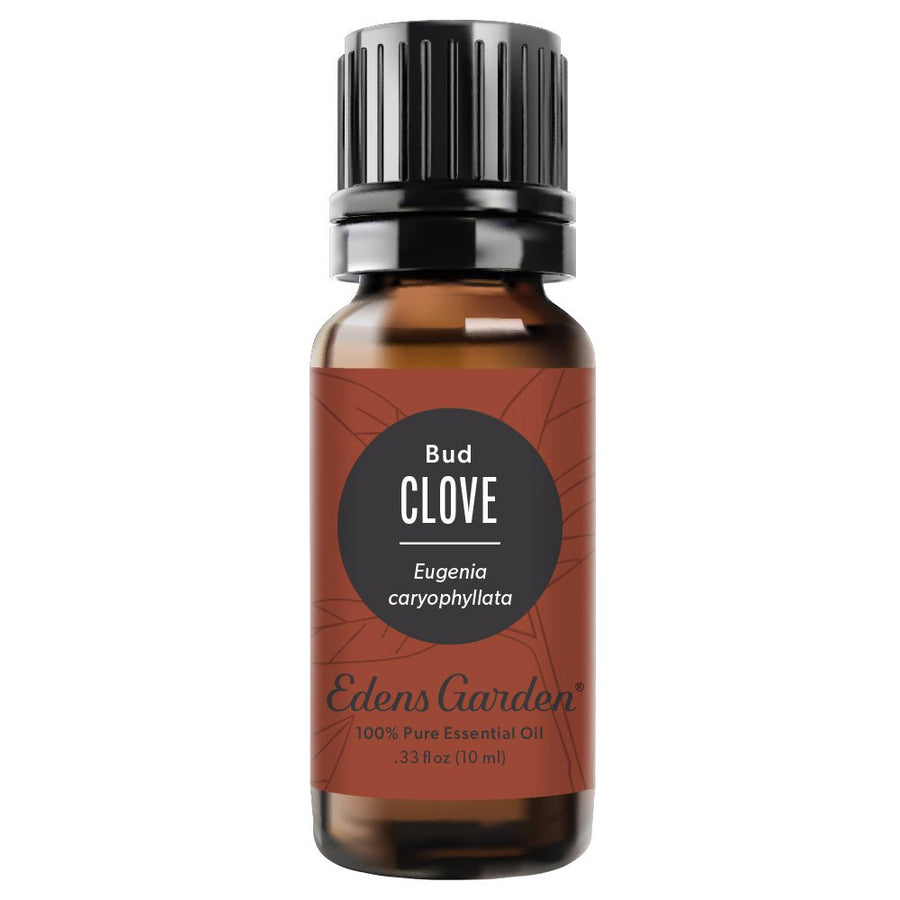
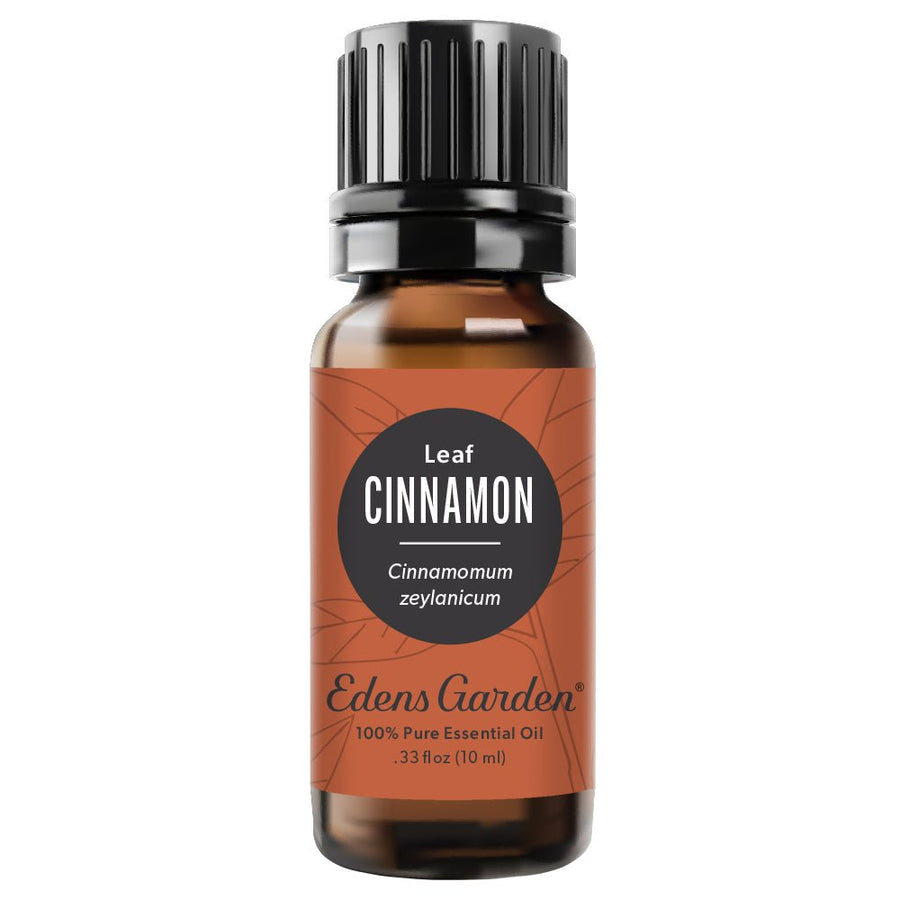
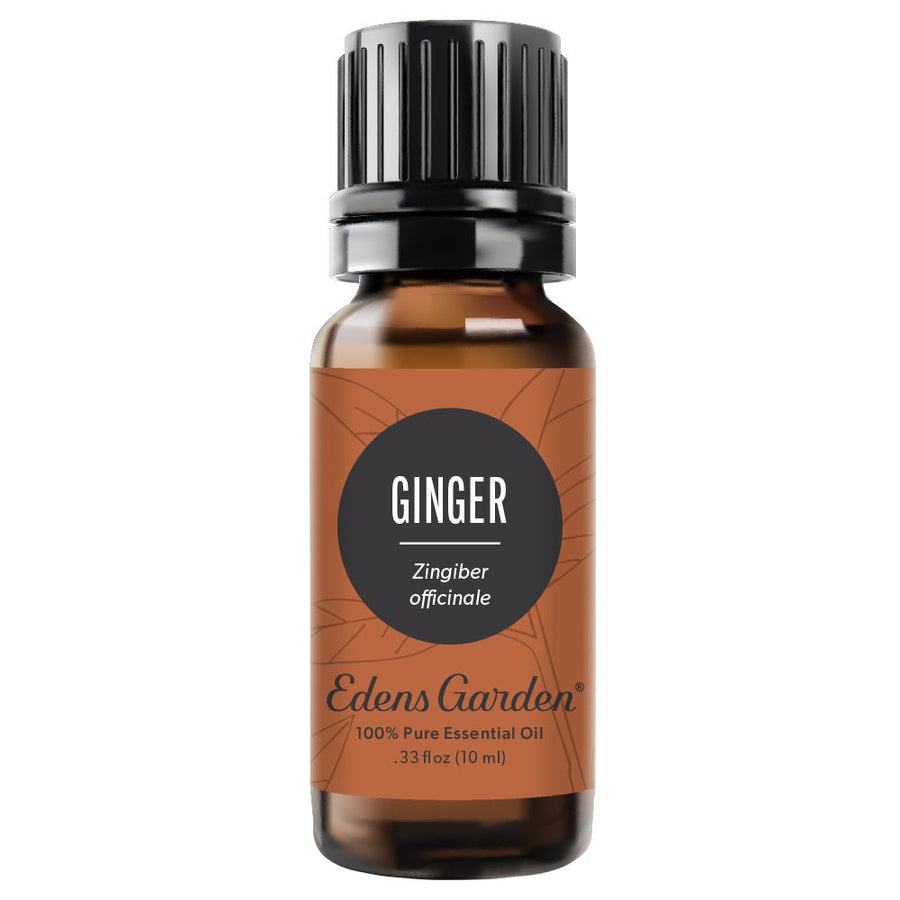
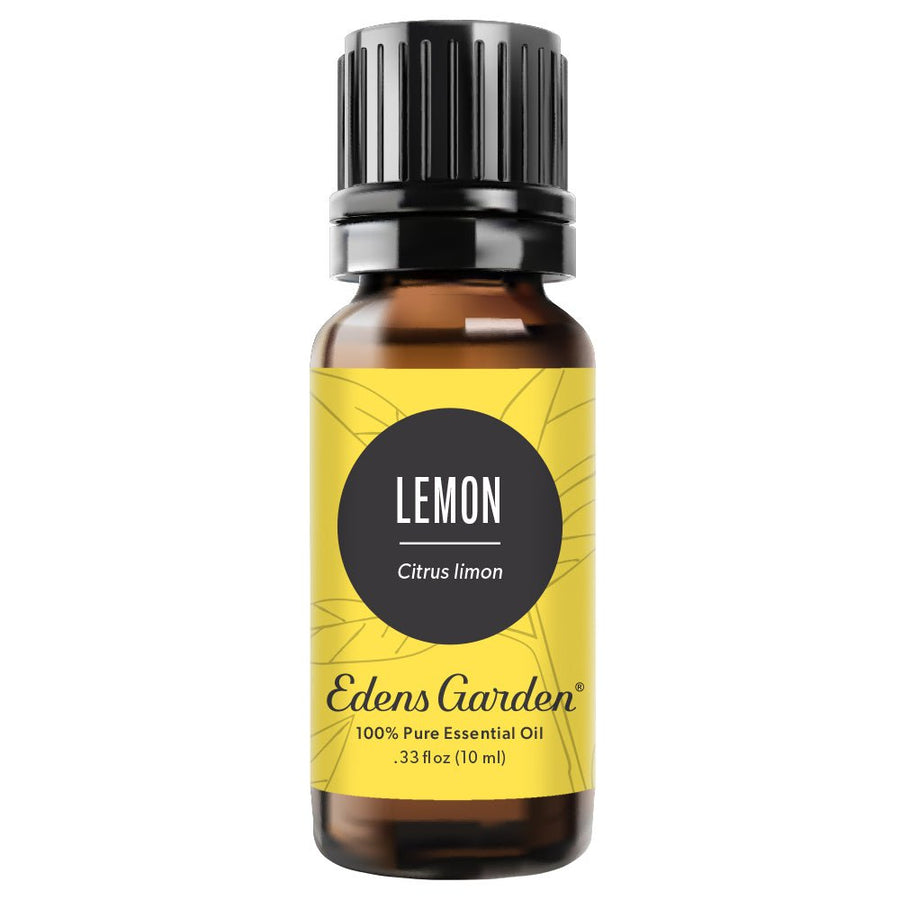
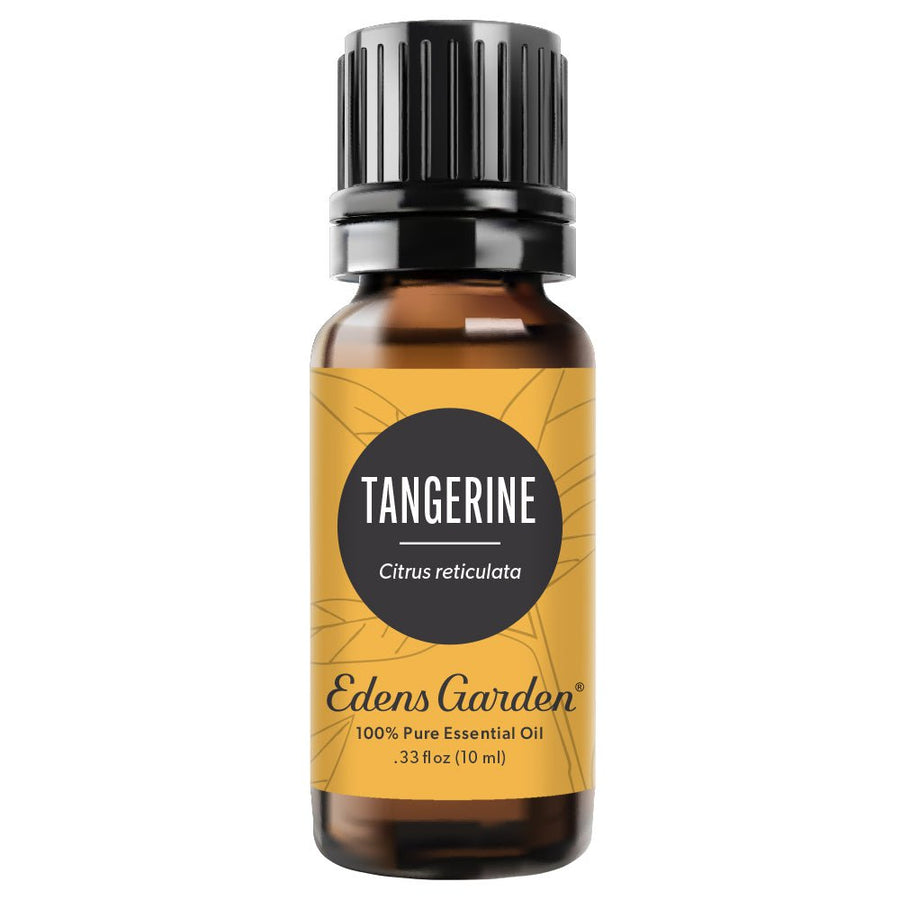
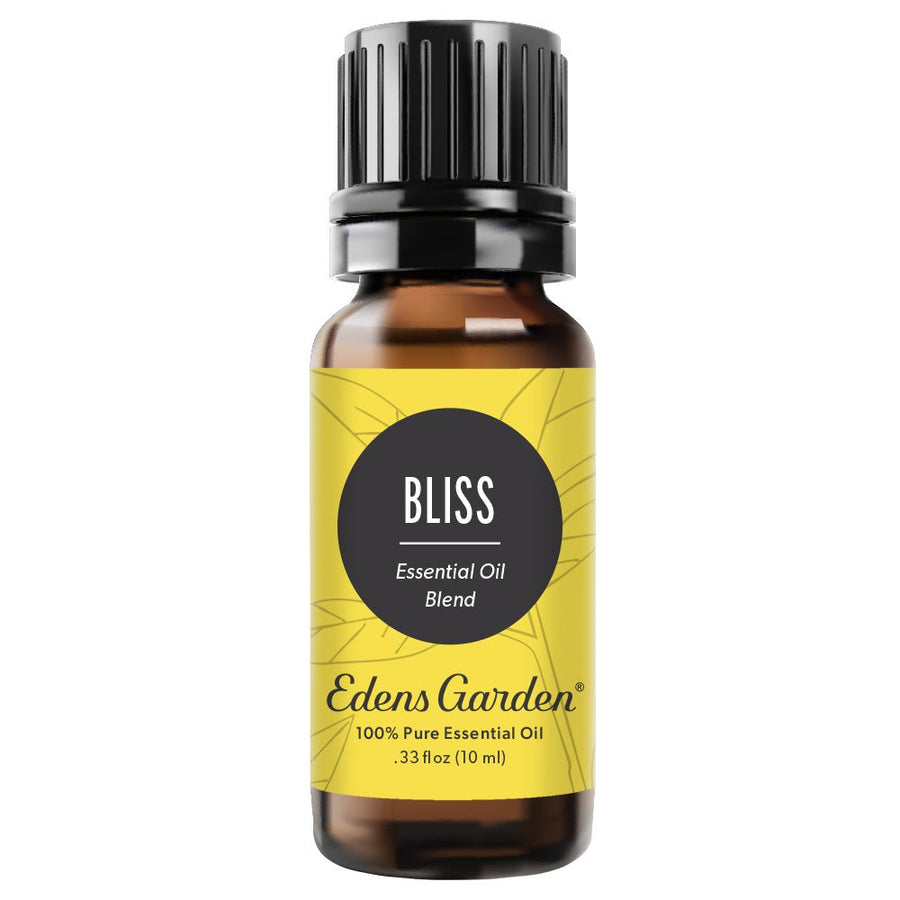




Carla
July 19, 2023 at 8:38 am
Hi Bella! Good day to you! I just read so many great comments about Fighting Five for so many great uses. Some of those uses I am excited to try. I know God is Blessing you Dear for doing such a great service for so many people with your amazing all Natural oils! Also at such a great affordable price which is also mentioned alot in the comments I read. Anyway a few of my concerns was also answered in the comments. I can’t wait to try it as a mouth wash for Dental & Gum Health not just pain sensitivity but deep into the gums. I have swollen legs and feet from a car accident a few years back that really never went away and some leg veins that need attention too. I also still have some pain in my shoulder from the accident. For my issues and the great comments I read I Believe Finding you and your fine Essential oil combo on Amazon is Gods Blessing to me and to so many people! Thank you Bella from me and from so many other people in the comments! I will look into your other oils as well.